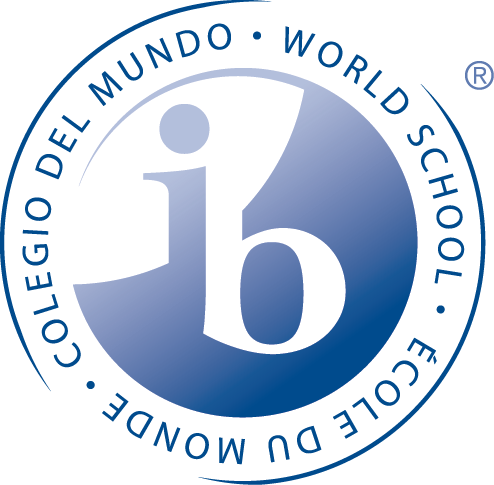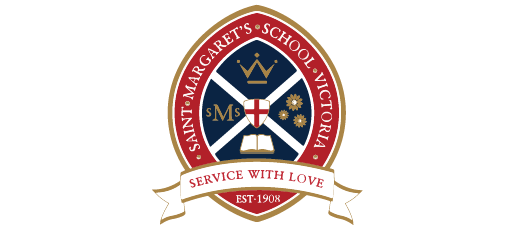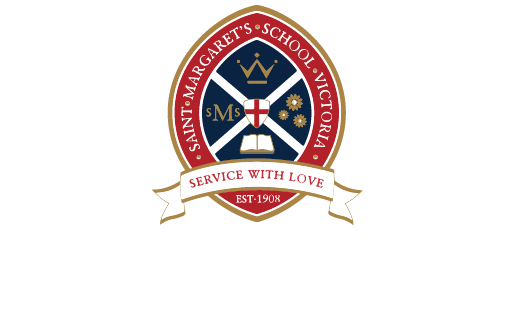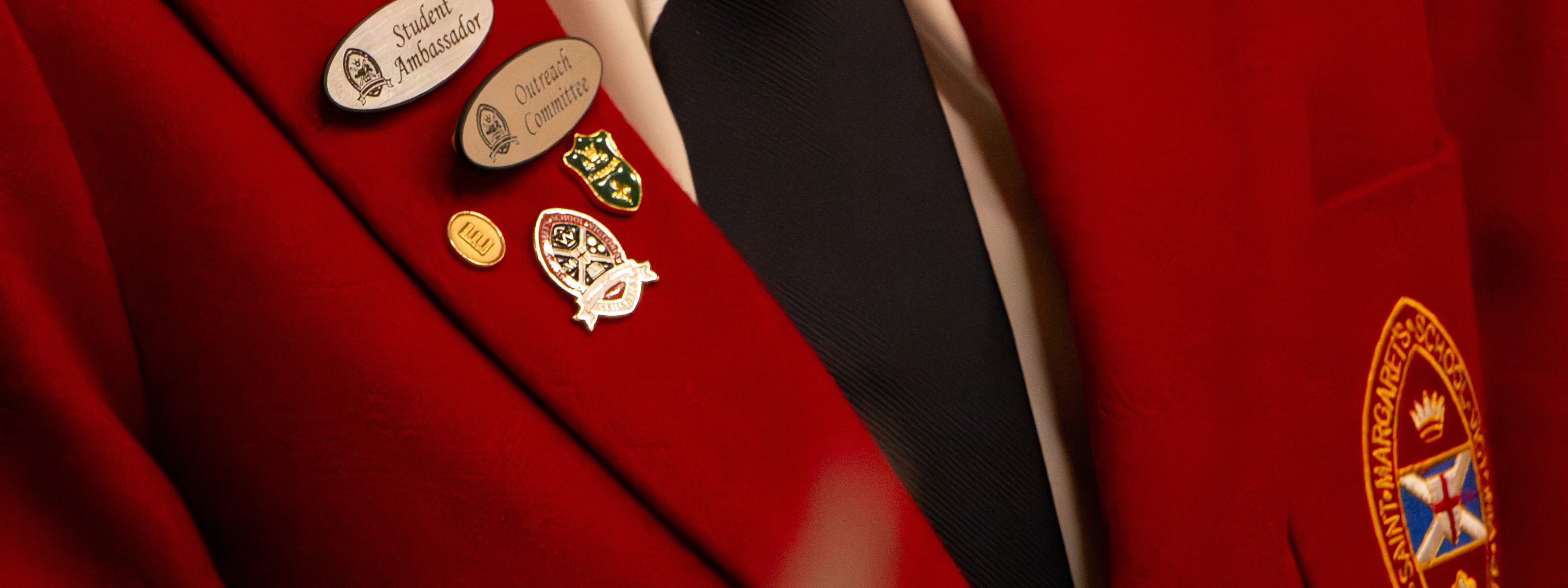The IB Diploma Programme spans 18 months across Grades 11 and 12 (e.g., from September 2024 to May 2026). Students select academic subjects, study, learn, and are assessed in various ways. They choose six IB academic subjects offered at SMS to study over this period, unlike traditional high school where subjects change every 6 to 10 months.
Studying six subjects for 18 months fosters deeper discipline-specific learning. Additionally, Diploma Programme students engage in Theory of Knowledge, write an Extended Essay, and participate in Creativity, Action, and Service (CAS) for service and leadership development. All Diploma Programme elements are assessed, except for the CAS program which is evaluated on a complete/incomplete basis.
Students who fulfill IB requirements earn both the IB Diploma and the BC Dogwood Diploma. To obtain the BC Dogwood Diploma, we are responsible for reporting student progress and outcomes to the ministry, typically in the form of percentage grades during Grades 11 and 12. Diploma Programme subjects are recognized by the ministry and are credited equivalently to their BC counterparts. For example, Diploma Programme Biology carries the same credit as BC Biology in Grades 11 and 12. The percentage grades on ministry reports stem from ongoing, in-class assessments such as tests, quizzes, and projects. Consequently, Grades 11 and 12 resemble traditional schooling, where students engage in learning, are assessed, and receive percentage grades on report cards. Despite utilizing an IB format for teaching and learning, these percentage grades are not considered "IB results"; official results are determined at the end of the 18-month period based on specific assessment events.
Assessment events are tailored to each chosen subject. Internal assessments involve students completing work at school, being assessed by their teachers, and a sample of the work being moderated by the IB. These internal assessments are staggered over time, mostly occurring in the second year between September and February. External assessments require students' work to be sent away for marking by the IB. For instance, in Biology, there are three IB assessments contributing to the final grade: the scientific investigation (20%) as part of the internal assessment, and two externally assessed final exams (36% and 44%) held in May of the second year.
Globally, all IB final exams take place simultaneously, in May for the northern hemisphere and in November for the southern hemisphere, ensuring fairness and security of exams and results. Results from assessment events are presented as a value out of 7, determined by subject grade boundaries.
GRADES:
Each of the six subjects are awarded a value out of seven.
Results from assessments in Theory of Knowledge and the Extended Essay are combined to form a value out of three.
RESULTS:
6 SUBJECTS OUT OF 7 /42
TOK AND EE /3
TOTAL /45
Teachers develop an understanding of students' overall performance based on their work throughout the course. Before January of the second year, teachers predict the grades students are expected to achieve in each subject and submit them to universities as well as the IB as part of the application process. Admission to university is often granted based on these predicted grades.
As you continue reading, you'll notice that the IB Diploma Programme resembles traditional high school in many ways. SMS students receive regular term report cards with percentage grades, and official IB results are based on subject-specific assessment events reported in July of the second year. Upon successful completion, students are awarded both the BC Dogwood Diploma and the IB Diploma.
See the FAQ re: Diploma Programme assessment.
The IB Diploma Programme serves as a curriculum framework for Grades 11 and 12 education. This framework encompasses approaches to teaching, approaches to learning, and learner profile attributes. Through this framework and necessary teacher professional development, teaching and learning maintain consistency and continuity. These elements constitute the essence of an 'IB education,' transforming teachers into instructors of IB principles across various subjects such as Biology, Global Politics, French, etc. Intentional application of these elements across subjects fosters the development of both general and discipline-specific learning skills, empowering students to master the art of learning itself.
APPROACHES TO TEACHING | The Way It Is Taught
- Based on inquiry
- Focused on conceptual understanding
- Developed in local and global contexts
- Focused on effective teamwork and collaboration
- Differentiated to meet the needs of all learners
- Informed by assessment (formative and summative).
APPROACHES TO LEARNING | The Learning Skills Developed
- Thinking Skills
- Communication Skills
- Self-Management Skills
- Research Skills
- Social Skills
THE LEARNER PROFILE | Learner Attributes of Focus
- Inquirers
- Knowledgeable
- Thinkers
- Communicators
- Principled
- Open-minded
- Caring
- Risk-takers
- Balanced
- Reflective
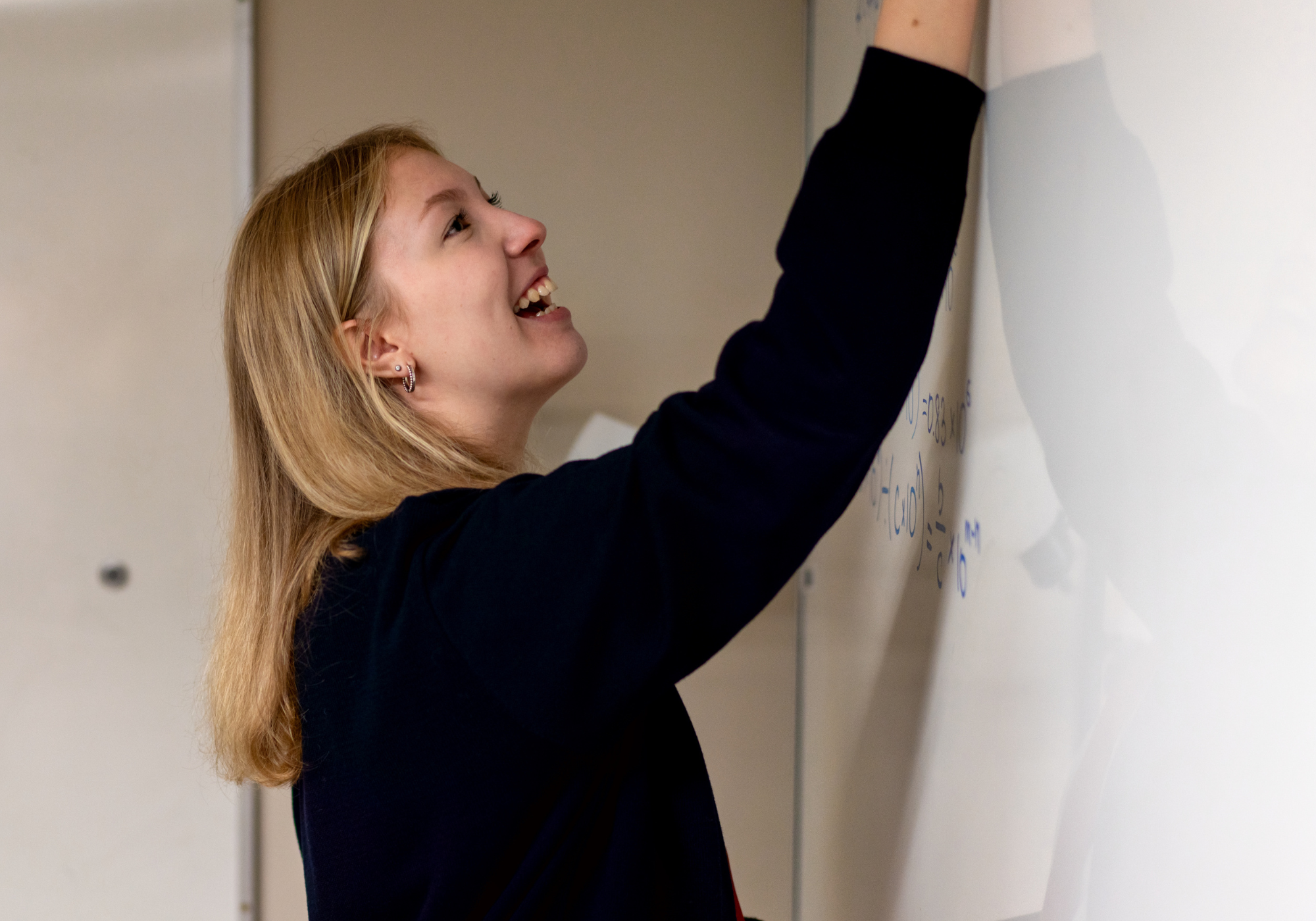
group 1
Studies in Language and Literature
- LANGUAGE AND LITERATURE | English
- LITERATURE | School Supported Self-Taught (SL). Current enrolment includes; Spanish, Hindi, Mandarin, and Nepali (permission required, additional fees apply)

group 2
Language Acquisition
- FRENCH B (SL/HL)
- AB INITIO FRENCH (+ pamoja availability) (SL)
- AB INITIO JAPANESE (SL)
- AB INITIO SPANISH
- LITERATURE | School Supported Self-Taught (SL). Current enrolment includes; Spanish, Hindi, Mandarin, and Nepali (permission required, additional fees apply)
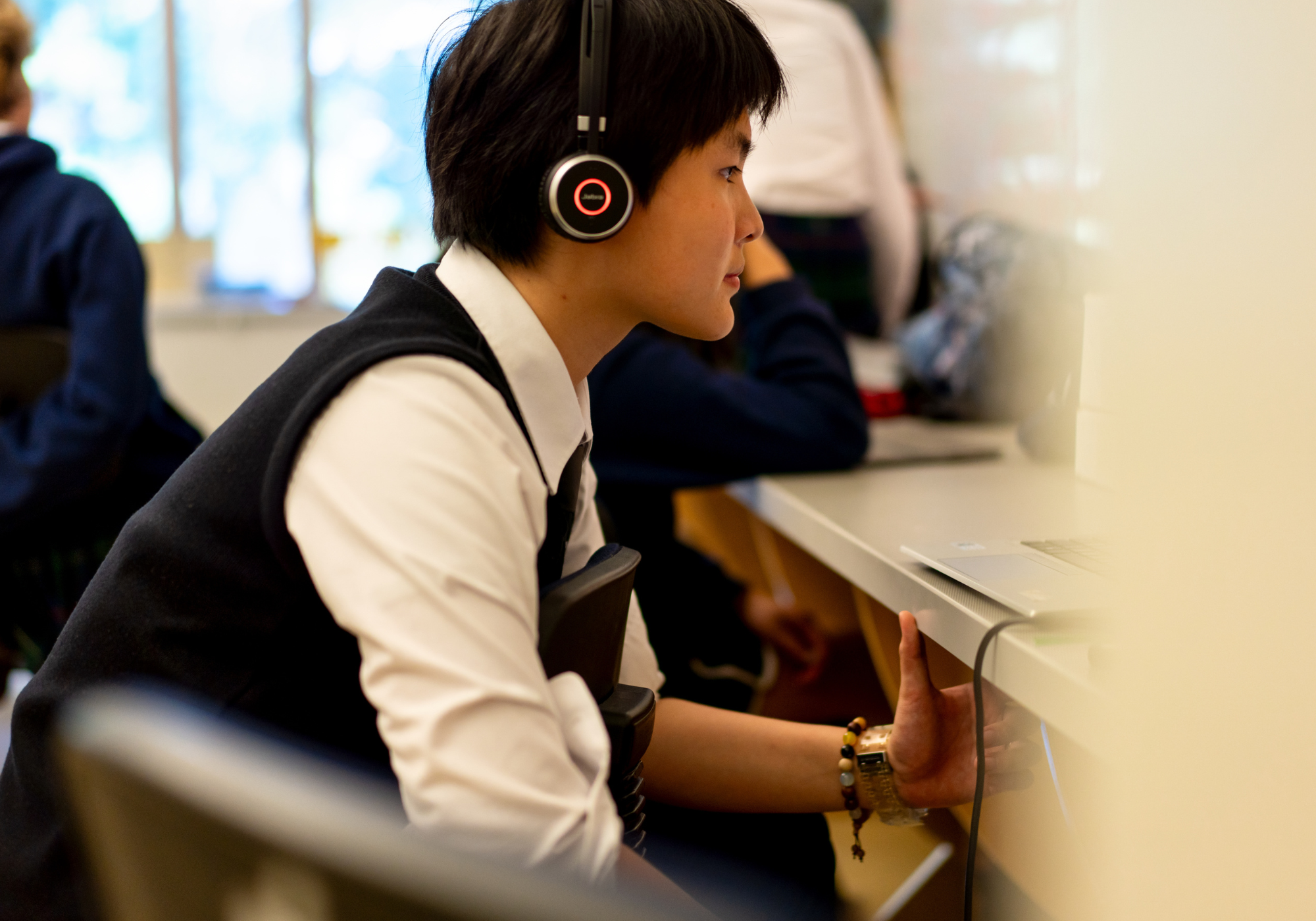
group 3
INDIVIDUALS AND SOCIETY
- GLOBAL POLITICS (SL/HL)
- ENVIRONMENTAL SYSTEMS AND SOCIETIES (SL/HL)
- HISTORY (SL/HL)
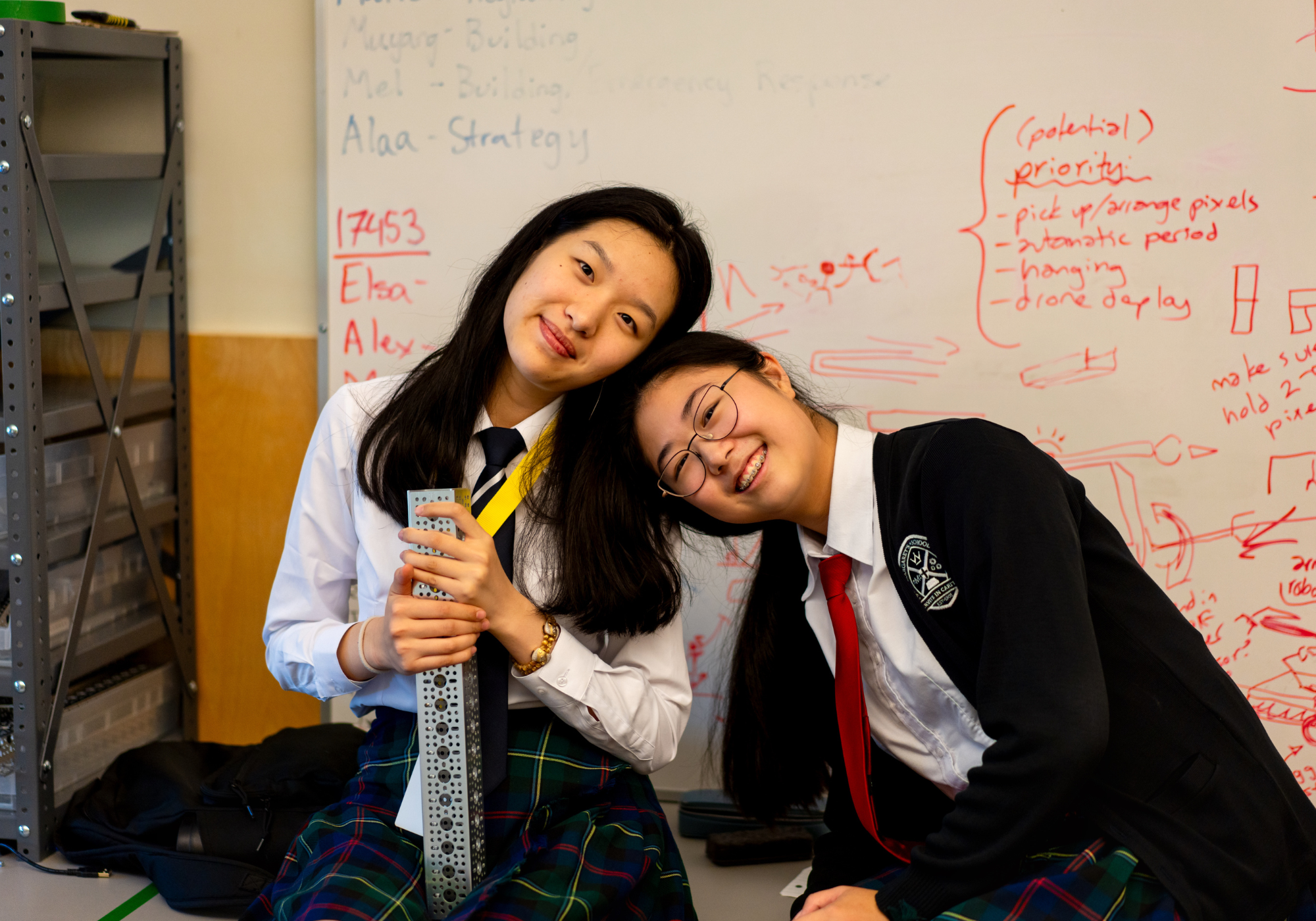
group 4
SCIENCES
If students choose two science courses, it can be either Chemistry/Physics or Chemistry/Biology.
- BIOLOGY (SL/HL)
- CHEMISTRY (SL/HL)
- PHYSICS (SL/HL)
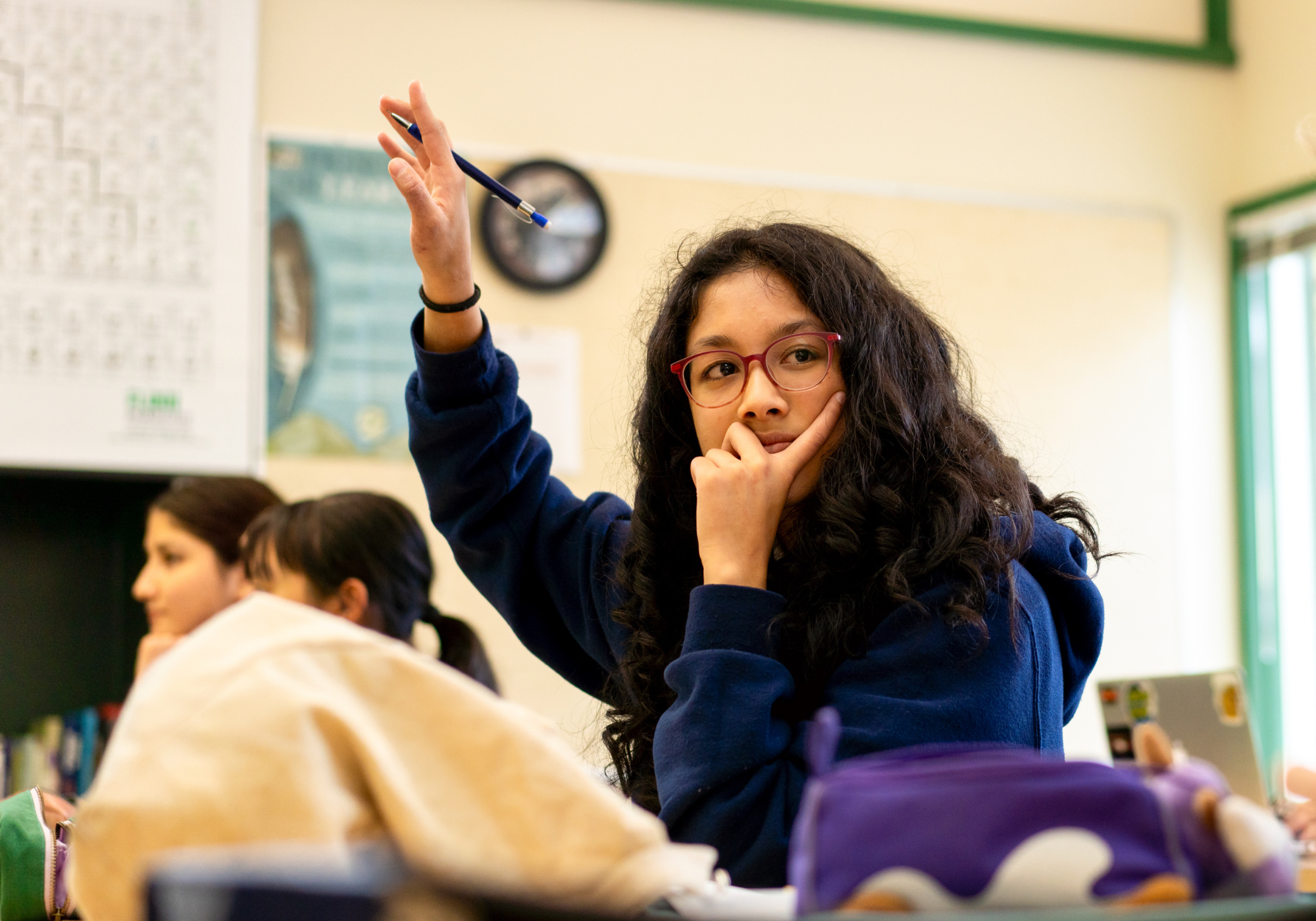
group 5
MATHEMATICS
Math options are to be considered against university admissions.
- ANALYSIS AND APPROACHES (SL/HL)
- APPLICATIONS AND INTERPRETATIONS(SL/HL)

group 6
The Arts
- VISUAL ARTS (SL/HL)
